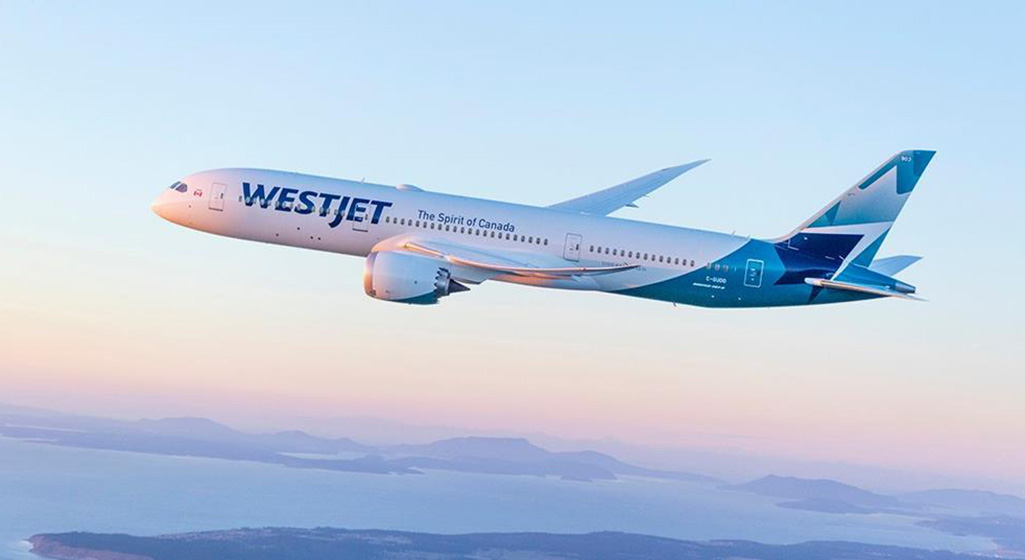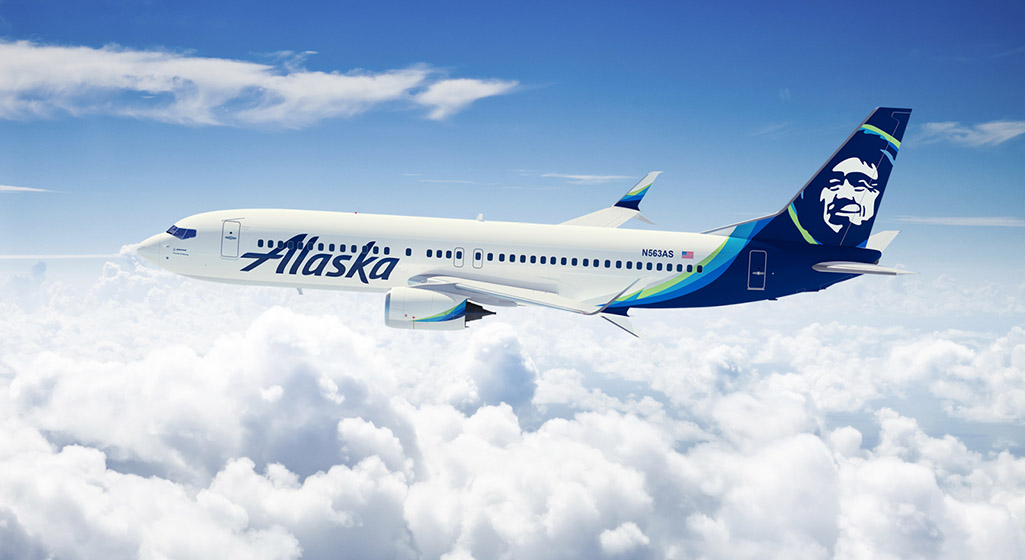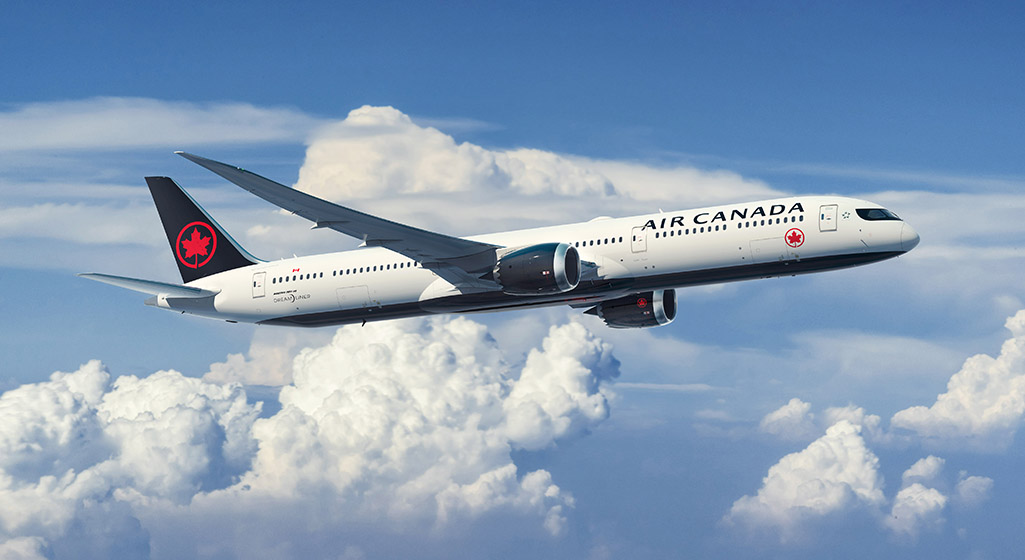As the gateway to Western Canada, Calgary is not only one of Alberta’s largest cities but also an excellent transit point for visiting iconic national parks like Banff and Jasper in the Rocky Mountains. Whether you’re flying from New York, Toronto, Los Angeles, Chicago, or Vancouver, choosing the right flight to Calgary can save you both time and money, enhancing the overall comfort of your trip.
I will compare direct and connecting flights from ten major North American cities—New York, Toronto, Los Angeles, San Francisco, Vancouver, Chicago, Seattle, Dallas, Atlanta, and Montreal—evaluating multiple factors such as flight duration, airlines, fare trends, baggage policies, seat comfort, and service reviews. This detailed analysis will help you choose the best route and embark on your perfect Rocky Mountain sky adventure.
I. Basic Flight Selection Logic — Direct Flights vs. Connecting Flights: How to Balance? 1.1 Advantages of Direct Flights: Save time, energy, and reduce baggage risks. 1.2 Potential Benefits of Connecting Flights: Better prices, more flexible tickets, and opportunities for multi-city trips. 1.3 Overview of North America’s Flight Network to Calgary. 1.4 Strategic Position of Key Airport Hubs.
II. Detailed Analysis of Flights from Ten North American Cities 2.1 From New York: A cross-continental direct flight challenge.
- Airlines: Air Canada, WestJet, United (mostly connecting).
- Flight Duration: Direct flight takes about 5.5 hours; connecting flights range from 6.5 to 8 hours.
- Average Ticket Price: Peak season $450-$600; off-season starting at $300.
- Aircraft & Comfort: Primarily Boeing 737 MAX and A320.
- Tip: Air Canada’s early direct flights from JFK can be booked in advance.
2.2 From Toronto: Fast link between Eastern and Western Canada.
- Flight Frequency: Multiple daily flights with Air Canada and WestJet.
- Flight Duration & Price: Direct flight takes about 4.5 hours; ticket prices range from $350 to $500.
- Recommended Flight: Air Canada’s early morning flight AC115 (departs at 8:05 AM local time).
- Tip: Toronto-Calgary is a high-traffic route with both business and leisure travelers; book 2-3 weeks in advance.
2.3 From Los Angeles: Direct flight from the city of sunshine to the gateway to snow-capped mountains.
- Airlines: Delta, Air Canada, WestJet (all offering direct flights).
- Flight Duration: Approximately 3 hours and 20 minutes.
- Average Ticket Price: $280-$420; connecting flights as low as $250.
- Flight Experience Comparison: WestJet offers good value for money; Delta’s business class is more comfortable.
- Tip: WestJet’s late evening flights from LAX are ideal for flexible travelers.
2.4 From San Francisco: A springboard for Bay Area travelers heading to the Rockies.
- Airlines: United and Air Canada dominate the market.
- Direct Flight Situation: 3-4 daily flights, flight duration around 2 hours and 45 minutes.
- Peak Season Ticket Price: Prices rise above $450 during high season (June–September).
- Tip: Consider a combined San Francisco-Vancouver-Calgary route for a deeper exploration of Western Canada.
2.5 From Vancouver: The shortest flight to the Rocky Mountains.
- Flight Duration: Only 1 hour and 20 minutes, the shortest among all routes.
- Flight Frequency: More than 10 flights per day.
- Airlines: Air Canada and WestJet operate flights almost every hour.
- Ticket Price Trends: Stable year-round, typically between $100-$150.
- Tip: Ideal for travelers heading to Banff for a self-drive adventure, with plenty of car rental options in Vancouver.

2.6 From Chicago: Midwestern city with dual hub advantages.
- Airlines: United (ORD hub) and Air Canada both provide services.
- Direct Flight Duration: Around 3 hours and 30 minutes.
- Average Price: $300-$450, fluctuating around holidays.
- Tip: ORD’s international security can be strict, so allow sufficient transfer time.
2.7 From Seattle: Short-haul direct flight close to the border.
- Flight Duration: Approximately 1 hour and 45 minutes.
- Airlines: Alaska Airlines and WestJet are the main operators.
- Flight Frequency: More than 6 daily flights.
- Ticket Price Trends: $120-$180, slightly higher during holidays.
- Tip: Perfect for spontaneous short trips to the Rockies.
2.8 From Dallas: A southern hub for long-distance flying.
- Flight Situation: Few direct flights, mostly connecting.
- Connecting Flight Duration: Typically over 6 hours.
- Recommended Route: DFW → DEN → YYC (United or Air Canada connecting flights).
- Ticket Price Fluctuation: Peak season $400-$550; best to book in advance for better value.
2.9 From Atlanta: A major southeastern hub with a challenging transfer.
- Airlines: Delta or United typically offer connecting flights.
- Recommended Route: ATL → MSP → YYC (Minneapolis transfer).
- Total Time: Approximately 6.5 to 7 hours.
- Tip: Try to stick to the same airline alliance to minimize the risk of baggage loss.
2.10 From Montreal: The French-speaking region’s westward journey.
- Airlines: Air Canada dominates the direct flight market.
- Flight Duration: About 4 hours and 50 minutes.
- Ticket Price: Stable around $350 year-round.
- Flight Comfort: Air Canada often uses the A321neo, which provides a more comfortable experience.
- Tip: French-speaking travelers will appreciate the friendly service in their native language.
III. Airline Showdown — Who is the Best Choice for Flying to Calgary?
3.1 Service and Comfort: Air Canada vs WestJet.
When it comes to onboard experience, Air Canada tends to offer a more premium feel, especially on longer routes. Passengers can expect seatback entertainment screens, USB power ports, and complimentary snacks or meals depending on the flight length. WestJet, while slightly more budget-oriented, has significantly upgraded its fleet and service quality in recent years. Their Premium cabin offers more legroom, priority boarding, and upgraded dining.
3.2 Price and Promotional Flexibility: WestJet is more affordable, while Air Canada offers more stability.
WestJet is often the go-to choice for budget-conscious travelers thanks to its frequent seat sales and promotional fares. They often release flash deals that can make a big difference if you’re flexible with travel dates. Air Canada, on the other hand, tends to offer more stable pricing, especially for last-minute travel or during peak seasons.
3.3 Baggage Policy Differences (Economy Class): WestJet’s baggage policy is more suited for light travelers.
In basic economy class, both airlines charge extra for checked baggage, but WestJet’s pricing tends to be slightly more forgiving, especially when booked in advance. They also offer bundled fare options like “EconoFlex,” which sometimes include a free checked bag or seat selection. Air Canada’s baggage fees can add up quickly, particularly if you book a Basic fare and require extras.
3.4 Loyalty Program Comparison: Aeroplan vs WestJet Rewards.
Air Canada’s Aeroplan program is more robust and internationally connected, allowing members to redeem points across the Star Alliance network. That means you can use points not only on Air Canada but also on partner airlines like United, Lufthansa, and Singapore Airlines. In contrast, WestJet Rewards is simpler and more straightforward, offering a cash-back style redemption system.
3.5 Aircraft & Seating Configuration: Air Canada’s A321neo vs WestJet’s 737MAX vs United’s E175.
Air Canada’s A321neo offers a quieter, more fuel-efficient ride with modern cabin interiors, mood lighting, and spacious overhead bins. The aircraft is designed for comfort and sustainability, making it a top pick for those flying into Calgary. WestJet’s 737 MAX also delivers a solid experience, with improved fuel efficiency and upgraded interiors compared to older 737s. United’s E175, which operates some regional routes to Calgary, features a 2-2 seating layout that eliminates middle seats—a major perk for solo travelers.
IV. Seasonal Trends and Ticket Price Analysis — How to Get the Cheapest Flight to Calgary?

4.1 Peak Season Analysis: From June to September, the Rocky Mountains are at their busiest, and prices surge. Summer is the prime travel season in Calgary due to the excellent weather and the popularity of the nearby Rockies, Banff, and Jasper.
4.2 Off-Season Opportunities: November and February are the best months for budget travelers. While winter in Calgary can be cold and snowy, November and February are underrated travel months for savvy budget travelers.
4.3 Best Booking Time: 3-6 weeks in advance is the optimal window. Most travel analysts agree that booking your flight to Calgary around 3 to 6 weeks before departure offers the best balance between availability and price.
4.4 Flexible Dates: Flights departing on Tuesdays and Wednesdays are generally cheaper. If you have flexibility in your schedule, departing on a Tuesday or Wednesday can often save you a significant amount on airfare. These midweek days typically have lower demand, especially for early morning or late-night departures.
4.5 Using Comparison Tools: Google Flights is great for visualizing trends and setting up price alerts for specific routes and dates. Skyscanner excels at offering broad searches, letting you explore “cheapest month” options or open-ended destinations.
V. Enhancing the Flight Experience — From Departure to Arrival in Calgary
5.1 Best Time to Depart: Early flights reduce delays, while late flights tend to be cheaper.
5.2 Gate & Security Tips: Be aware of potential congestion at major hubs like Vancouver and San Francisco.
5.3 Onboard Service Tips: Air Canada offers paid upgrades to Premium Economy.
5.4 Transportation Upon Arrival at Calgary Airport: Options for transfers to downtown and Banff.
5.5 Avoiding Baggage Delays: Use smart luggage tags and online tracking.
Choosing the right flight is not just the start of your Rocky Mountain adventure; it is an integral part of the overall travel experience. Whether you’re departing from the towering skyscrapers of New York, the palm-lined coast of Los Angeles, or the French streets of Montreal, your flight to Calgary will gradually transition you from cityscapes to the sprawling, mountain-encompassed wilderness.





